#writing 1800s
Text
I need help with writing: what is the 1800s, specifically the 1880s, equivalent of “What the f*ck was that?!” In the context of someone seeing two people being romantic but not in a comprising or scandalous way. Like, “Do you wanna talk about it” kinda way
This is for research purposes
#history#writing tips#writing research#writing 1800s#the gilded age#the gilded age hbo#I need help!#writing advice
8 notes
·
View notes
Text
A Guide to Historically Accurate Regency-Era Names

I recently received a message from a historical romance writer asking if I knew any good resources for finding historically accurate Regency-era names for their characters.
Not knowing any off the top of my head, I dug around online a bit and found there really isn’t much out there. The vast majority of search results were Buzzfeed-style listicles which range from accurate-adjacent to really, really, really bad.
I did find a few blog posts with fairly decent name lists, but noticed that even these have very little indication as to each name’s relative popularity as those statistical breakdowns really don't exist.
I began writing up a response with this information, but then I (being a research addict who was currently snowed in after a blizzard) thought hey - if there aren’t any good resources out there why not make one myself?
As I lacked any compiled data to work from, I had to do my own data wrangling on this project. Due to this fact, I limited the scope to what I thought would be the most useful for writers who focus on this era, namely - people of a marriageable age living in the wealthiest areas of London.
So with this in mind - I went through period records and compiled the names of 25,000 couples who were married in the City of Westminster (which includes Mayfair, St. James and Hyde Park) between 1804 to 1821.
So let’s see what all that data tells us…
To begin - I think it’s hard for us in the modern world with our wide and varied abundance of first names to conceive of just how POPULAR popular names of the past were.
If you were to take a modern sample of 25-year-old (born in 1998) American women, the most common name would be Emily with 1.35% of the total population. If you were to add the next four most popular names (Hannah, Samantha, Sarah and Ashley) these top five names would bring you to 5.5% of the total population. (source: Social Security Administration)
If you were to do the same survey in Regency London - the most common name would be Mary with 19.2% of the population. Add the next four most popular names (Elizabeth, Ann, Sarah and Jane) and with just 5 names you would have covered 62% of all women.
To hit 62% of the population in the modern survey it would take the top 400 names.
The top five Regency men’s names (John, William, Thomas, James and George) have nearly identical statistics as the women’s names.
I struggled for the better part of a week with how to present my findings, as a big list in alphabetical order really fails to get across the popularity factor and also isn’t the most tumblr-compatible format. And then my YouTube homepage recommended a random video of someone ranking all the books they’d read last year - and so I present…
The Regency Name Popularity Tier List
The Tiers
S+ - 10% of the population or greater. There is no modern equivalent to this level of popularity. 52% of the population had one of these 7 names.
S - 2-10%. There is still no modern equivalent to this level of popularity. Names in this percentage range in the past have included Mary and William in the 1880s and Jennifer in the late 1970s (topped out at 4%).
A - 1-2%. The top five modern names usually fall in this range. Kids with these names would probably include their last initial in class to avoid confusion. (1998 examples: Emily, Sarah, Ashley, Michael, Christopher, Brandon.)
B - .3-1%. Very common names. Would fall in the top 50 modern names. You would most likely know at least 1 person with these names. (1998 examples: Jessica, Megan, Allison, Justin, Ryan, Eric)
C - .17-.3%. Common names. Would fall in the modern top 100. You would probably know someone with these names, or at least know of them. (1998 examples: Chloe, Grace, Vanessa, Sean, Spencer, Seth)
D - .06-.17%. Less common names. In the modern top 250. You may not personally know someone with these names, but you’re aware of them. (1998 examples: Faith, Cassidy, Summer, Griffin, Dustin, Colby)
E - .02-.06%. Uncommon names. You’re aware these are names, but they are not common. Unusual enough they may be remarked upon. (1998 examples: Calista, Skye, Precious, Fabian, Justice, Lorenzo)
F - .01-.02%. Rare names. You may have heard of these names, but you probably don’t know anyone with one. Extremely unusual, and would likely be remarked upon. (1998 examples: Emerald, Lourdes, Serenity, Dario, Tavian, Adonis)
G - Very rare names. There are only a handful of people with these names in the entire country. You’ve never met anyone with this name.
H - Virtually non-existent. Names that theoretically could have existed in the Regency period (their original source pre-dates the early 19th century) but I found fewer than five (and often no) period examples of them being used in Regency England. (Example names taken from romance novels and online Regency name lists.)
Just to once again reinforce how POPULAR popular names were before we get to the tier lists - statistically, in a ballroom of 100 people in Regency London: 80 would have names from tiers S+/S. An additional 15 people would have names from tiers A/B and C. 4 of the remaining 5 would have names from D/E. Only one would have a name from below tier E.
Women's Names
S+ Mary, Elizabeth, Ann, Sarah
S - Jane, Mary Ann+, Hannah, Susannah, Margaret, Catherine, Martha, Charlotte, Maria
A - Frances, Harriet, Sophia, Eleanor, Rebecca
B - Alice, Amelia, Bridget~, Caroline, Eliza, Esther, Isabella, Louisa, Lucy, Lydia, Phoebe, Rachel, Susan
C - Ellen, Fanny*, Grace, Henrietta, Hester, Jemima, Matilda, Priscilla
D - Abigail, Agnes, Amy, Augusta, Barbara, Betsy*, Betty*, Cecilia, Christiana, Clarissa, Deborah, Diana, Dinah, Dorothy, Emily, Emma, Georgiana, Helen, Janet^, Joanna, Johanna, Judith, Julia, Kezia, Kitty*, Letitia, Nancy*, Ruth, Winifred>
E - Arabella, Celia, Charity, Clara, Cordelia, Dorcas, Eve, Georgina, Honor, Honora, Jennet^, Jessie*^, Joan, Joyce, Juliana, Juliet, Lavinia, Leah, Margery, Marian, Marianne, Marie, Mercy, Miriam, Naomi, Patience, Penelope, Philadelphia, Phillis, Prudence, Rhoda, Rosanna, Rose, Rosetta, Rosina, Sabina, Selina, Sylvia, Theodosia, Theresa
F - (selected) Alicia, Bethia, Euphemia, Frederica, Helena, Leonora, Mariana, Millicent, Mirah, Olivia, Philippa, Rosamund, Sybella, Tabitha, Temperance, Theophila, Thomasin, Tryphena, Ursula, Virtue, Wilhelmina
G - (selected) Adelaide, Alethia, Angelina, Cassandra, Cherry, Constance, Delilah, Dorinda, Drusilla, Eva, Happy, Jessica, Josephine, Laura, Minerva, Octavia, Parthenia, Theodora, Violet, Zipporah
H - Alberta, Alexandra, Amber, Ashley, Calliope, Calpurnia, Chloe, Cressida, Cynthia, Daisy, Daphne, Elaine, Eloise, Estella, Lilian, Lilias, Francesca, Gabriella, Genevieve, Gwendoline, Hermione, Hyacinth, Inez, Iris, Kathleen, Madeline, Maude, Melody, Portia, Seabright, Seraphina, Sienna, Verity
Men's Names
S+ John, William, Thomas
S - James, George, Joseph, Richard, Robert, Charles, Henry, Edward, Samuel
A - Benjamin, (Mother’s/Grandmother’s maiden name used as first name)#
B - Alexander^, Andrew, Daniel, David>, Edmund, Francis, Frederick, Isaac, Matthew, Michael, Patrick~, Peter, Philip, Stephen, Timothy
C - Abraham, Anthony, Christopher, Hugh>, Jeremiah, Jonathan, Nathaniel, Walter
D - Adam, Arthur, Bartholomew, Cornelius, Dennis, Evan>, Jacob, Job, Josiah, Joshua, Lawrence, Lewis, Luke, Mark, Martin, Moses, Nicholas, Owen>, Paul, Ralph, Simon
E - Aaron, Alfred, Allen, Ambrose, Amos, Archibald, Augustin, Augustus, Barnard, Barney, Bernard, Bryan, Caleb, Christian, Clement, Colin, Duncan^, Ebenezer, Edwin, Emanuel, Felix, Gabriel, Gerard, Gilbert, Giles, Griffith, Harry*, Herbert, Humphrey, Israel, Jabez, Jesse, Joel, Jonas, Lancelot, Matthias, Maurice, Miles, Oliver, Rees, Reuben, Roger, Rowland, Solomon, Theophilus, Valentine, Zachariah
F - (selected) Abel, Barnabus, Benedict, Connor, Elijah, Ernest, Gideon, Godfrey, Gregory, Hector, Horace, Horatio, Isaiah, Jasper, Levi, Marmaduke, Noah, Percival, Shadrach, Vincent
G - (selected) Albion, Darius, Christmas, Cleophas, Enoch, Ethelbert, Gavin, Griffin, Hercules, Hugo, Innocent, Justin, Maximilian, Methuselah, Peregrine, Phineas, Roland, Sebastian, Sylvester, Theodore, Titus, Zephaniah
H - Albinus, Americus, Cassian, Dominic, Eric, Milo, Rollo, Trevor, Tristan, Waldo, Xavier
# Men were sometimes given a family surname (most often their mother's or grandmother's maiden name) as their first name - the most famous example of this being Fitzwilliam Darcy. If you were to combine all surname-based first names as a single 'name' this is where the practice would rank.
*Rank as a given name, not a nickname
+If you count Mary Ann as a separate name from Mary - Mary would remain in S+ even without the Mary Anns included
~Primarily used by people of Irish descent
^Primarily used by people of Scottish descent
>Primarily used by people of Welsh descent
I was going to continue on and write about why Regency-era first names were so uniform, discuss historically accurate surnames, nicknames, and include a little guide to finding 'unique' names that are still historically accurate - but this post is already very, very long, so that will have to wait for a later date.
If anyone has any questions/comments/clarifications in the meantime feel free to message me.
Methodology notes: All data is from marriage records covering six parishes in the City of Westminster between 1804 and 1821. The total sample size was 50,950 individuals.
I chose marriage records rather than births/baptisms as I wanted to focus on individuals who were adults during the Regency era rather than newborns. I think many people make the mistake when researching historical names by using baby name data for the year their story takes place rather than 20 to 30 years prior, and I wanted to avoid that. If you are writing a story that takes place in 1930 you don’t want to research the top names for 1930, you need to be looking at 1910 or earlier if you are naming adult characters.
I combined (for my own sanity) names that are pronounced identically but have minor spelling differences: i.e. the data for Catherine also includes Catharines and Katherines, Susannah includes Susannas, Phoebe includes Phebes, etc.
The compound 'Mother's/Grandmother's maiden name used as first name' designation is an educated guesstimate based on what I recognized as known surnames, as I do not hate myself enough to go through 25,000+ individuals and confirm their mother's maiden names. So if the tally includes any individuals who just happened to be named Fitzroy/Hastings/Townsend/etc. because their parents liked the sound of it and not due to any familial relations - my bad.
I did a small comparative survey of 5,000 individuals in several rural communities in Rutland and Staffordshire (chosen because they had the cleanest data I could find and I was lazy) to see if there were any significant differences between urban and rural naming practices and found the results to be very similar. The most noticeable difference I observed was that the S+ tier names were even MORE popular in rural areas than in London. In Rutland between 1810 and 1820 Elizabeths comprised 21.4% of all brides vs. 15.3% in the London survey. All other S+ names also saw increases of between 1% and 6%. I also observed that the rural communities I surveyed saw a small, but noticeable and fairly consistent, increase in the use of names with Biblical origins.
Sources of the records I used for my survey:
Ancestry.com. England & Wales Marriages, 1538-1988 [database on-line].
Ancestry.com. Westminster, London, England, Church of England Marriages and Banns, 1754-1935 [database on-line].
#history#regency#1800s#1810s#names#london#writing resources#regency romance#jane austen#bridgerton#bridgerton would be an exponentially better show if daphne's name was dorcas#behold - the reason i haven't posted in three weeks
11K notes
·
View notes
Text
Some of the pages and covers of Percy Shelley’s notebooks (1811-1822) — accessed through the Digital Bodleian Library
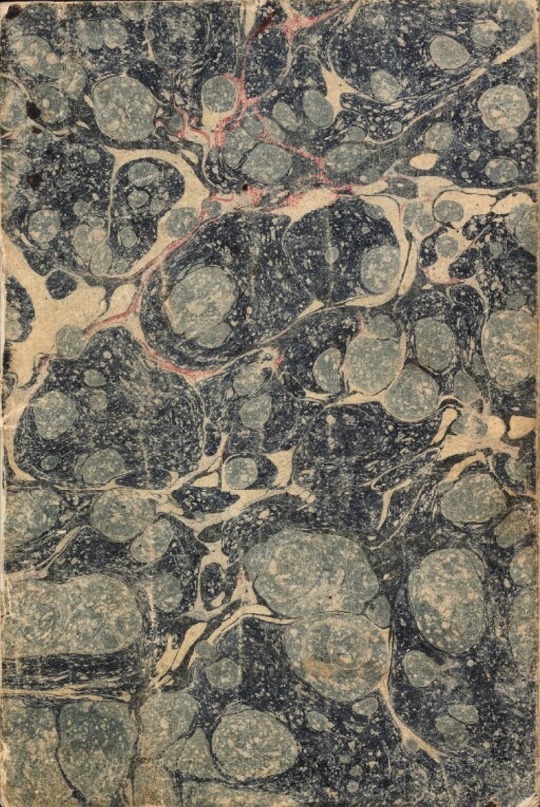
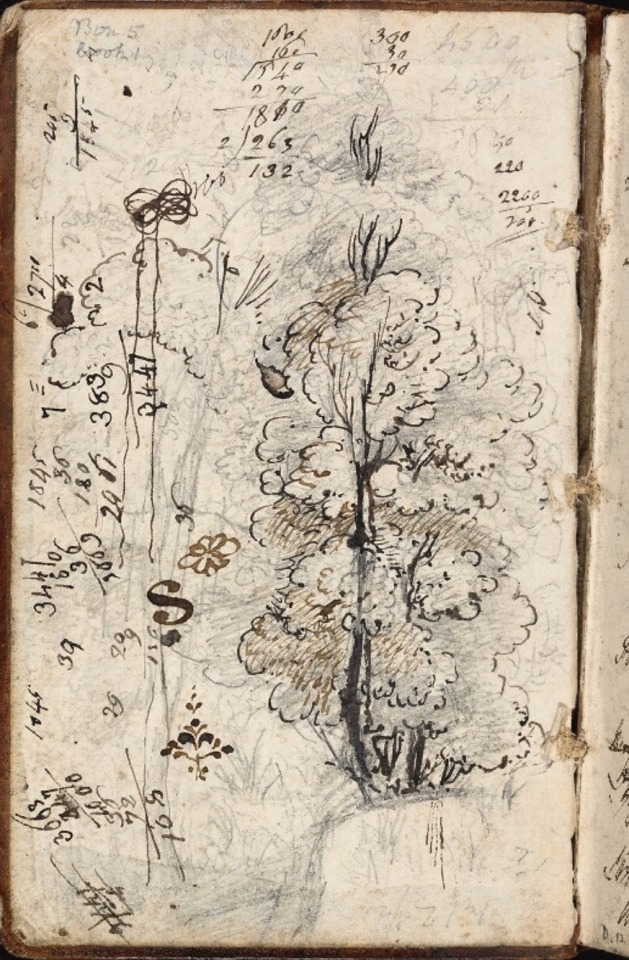

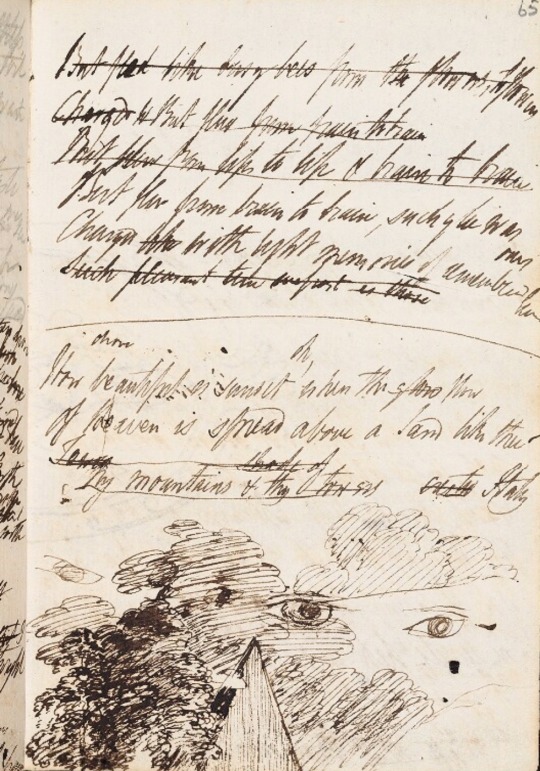
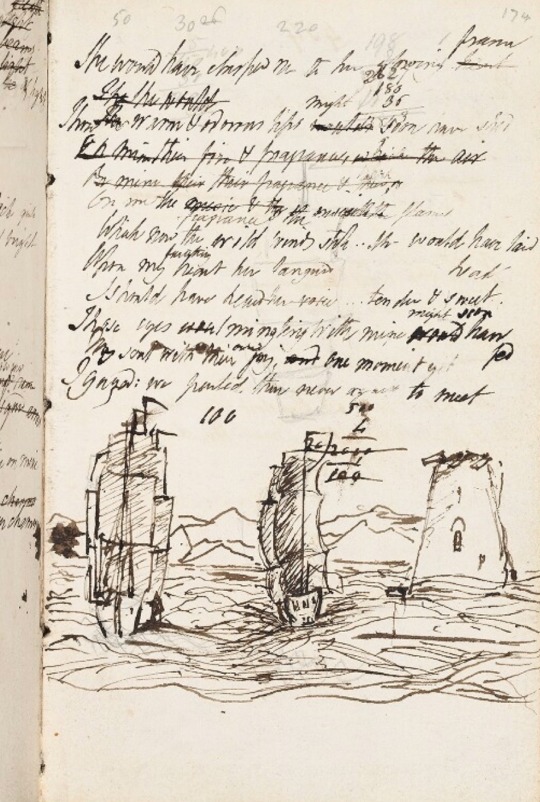
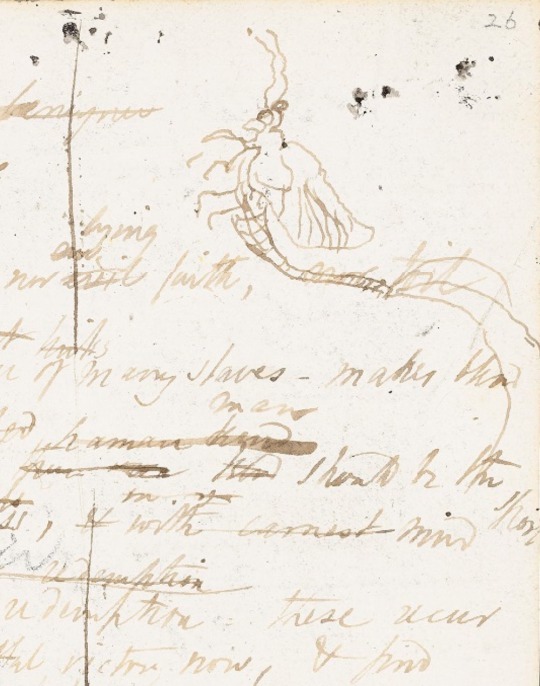

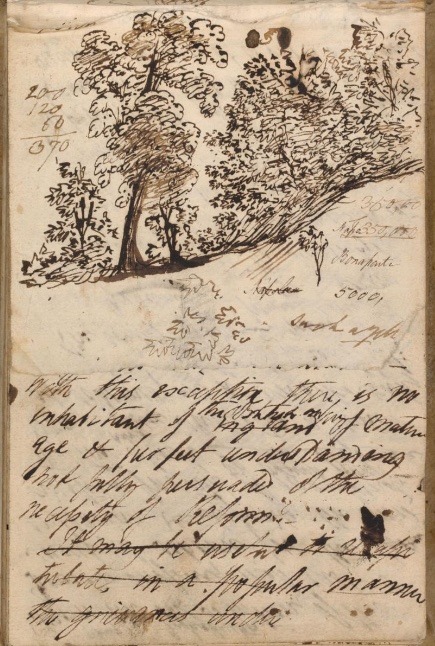


#academics debate whether the good drawings were by him or edward williams#but most of the doodles are undoubtedly his#i love the 1800s marble print covers#percy shelley#percy bysshe shelley#literature#aesthetic#art#english literature#dark academia#poetry#history#geneva squad#writing#romanticism#mary shelley#the romantics#notebooks#journaling#doodling#reading#artifacts#archive#library#bodleianlibrary#interesting#english lit#1800s#regency
4K notes
·
View notes
Text
todays herbarium story: new fucking way of dating things to confuse future archivists. someone wrote 66-1-3 as the date on a specimen. obviously i assumed 66 was the year and either the day was January 3rd or March 1st. put “1966” for the year in the file, marked as needing confirmation.
anyway one of the historical archivists went back and used the guys name to figure out about what month he confirmed it? and it was fucking 1866. the guy who cataloged it died in 1920.
i inadvertently handled a specimen thats older literally everyone i know and love and my only thought was mild irritation because it was dated weird.
we still dont know if it was found in January or March.
#the narwhal speaks#unfortunately i do not have a photo of it#i didnt think it was that old because someone had cut the speciman out and pasted it onto slightly newer paper#so it looked like it was still ‘old’ enough to be from 1966#anyway. pissing myself with laughter#i think this is the oldest specimen we have in the herbarium and it has the most galaxy brain take of writing dates#stardate 66-1-3 today i fucking found a cool leucophyllum frutescens#also i didnt think it might have been 1800s because the oldest speciman i found before this was 1905
378 notes
·
View notes
Text
the topic is Trapper and the army as foils, you have three hours, go
In no small part the satire of Mash, particularly in the first half of the show, is tied up with gender performance.
The army represents traditional, stifling and violent masculinity. This is shown through everything from freudian jokes about guns (eg Frank and Margaret's flirtations in The Sniper or The Gun), to Margaret trying to cajole Hawkeye into performing a more traditional standard of masculinity while treating him like a soldier in Comrades in Arms Part 2, to many jokes and comments about (usually) Hawkeye not being a real man in contrast to army standards and various specific army personnel (eg Lyle in Springtime, Flagg in White Gold), to Frank and Margaret's worship of the masculinity of the army ("He's twice the man you'll ever be," re: Flagg and Hawkeye, Margaret's lust for MacArthur, Frank pursuing the sniper in The Sniper in an attempt to be a "real man" in Margaret's eyes, etc) to many jokes positioning the military as a sexually aggressive man pursuing Hawkeye ("Sure, the sun the moon the stars, your high school letterman jacket. Same deal I promised nurse Baker." "A receipt please, and promise you'll go out with other doctors," etc.)
In contrast, the main characters all fail to perform traditional gender in some way, from crossdressing to immaturity to indecisiveness to peacefulness to Margaret's masculinity and Frank's pathetic failure to live up to his own masculine ideals, to just about everything about Hawkeye. His cowardliness, his jokes about not being a real man, his jokes about taking the feminine role in sexual encounters with men and women, even multiple double entendres about his average at best penis size.
Trapper is the most traditionally masculine of the main cast. He still subverts masculinity in some subtle ways here and there, such as the occasional feminizing joke and mentions of not being in great shape, but overall he's the more butch counterpart to Hawkeye's fem. He plays the role of boxer while Hawkeye plays the role of diva in their respective manager/star roleplaying episodes. He's broader and buffer and plays football, often seen playing catch with someone while walking around the compound, while Hawkeye disdains sports and doesn't participate. He reads Field and Stream which Hawkeye derides in Alcoholics Unanimous while making a wry comment about shaving his armpits. A past lover nicknamed him Big John.
And there are many, many jokes about Hawkeye and Trapper being sexual partners. The recurring Uncle Trapper and Aunt Hawkeye gag, if my father sees this you'll have to marry me, for me? only if you put those on, your father and I will tell you what we did to have you, that's when I fell in love with him, etc etc etc. It's constant. In these jokes Hawkeye usually takes the feminine role, though not strictly every time ("Me and the missus," is one exception in As You Were, the dance in Yankee Doodle Doctor is another).
Trapper's masculinity is differentiated from traditional military masculinity in a few ways. Most obviously, Trapper abhors the military's violence. He never uses guns and mocks Frank's obsession with them, he's a healer rather than a soldier, and he's disgusted by the results of military violence on the men on his operating table.
He's also secure in himself. The military's brand of masculinity is strongly characterized by insecurity and overcompensation. Frank is the main representative of this military insecurity - a coward who insists he's brave (The Army Navy Game), a man who clings to a phallic gun to compensate for his sexual and gendered inadequacies (a main theme of The Sniper, perfectly mirrored when the army itself comes in with a vastly disproprotionately powerful automatic machine gun on a helicopter to shoot down one sixteen year old), a homophobe repressing his own attraction to men (As You Were, the original script of George), etc. We also see this in Flagg, who implicitly sublimates sexual urges into violence (seen when he suggestively caresses his gun while describing how he wants to torture a boy in Officer of the Day).
Trapper doesn't need to overcompensate. He's well-endowed physically, he's portrayed as a competent and considerate lover, he's a brave man who doesn't mind being seen as a coward, and he may or may not be attracted to men but either way he's not a homophobe (George) and he doesn't express his sexuality through violence. When Margaret proves herself stronger than him, his response is to be impressed rather than offended (Bombed). When he dances with Hawkeye for a gag, he doesn't mind letting Hawkeye lead.
He's also differentiated in terms of tradition, with the mliitary representing a more propagandic 50s traditionalism, and Trapper representing a 70s, countercultural freedom from tradition. We see this in the way Trapper has plenty of sex despite being married, while adultery is a court-martial offense in the military. It's notable that he's open and carefree about it, while Frank and Margaret are surreptitious and hypocritical in their affair. This lack of traditionalism is also shown in his disrespect for authority, often in direct contrast to Frank and Margaret's worship of it, and his allyship to George who the military would persecute for his sexuality.
So ultimately we can see that while Trapper and the military are both examples of masculine performance, Trapper's masculinity differs from the military's in being more flexible, less violent, less traditional, and more secure. The military's masculinity is far more toxic than Trapper's, particularly in the context of 70s counterculture media, which aligns womanizing with sexual liberation rather than a lack of respect for women, accurately or not.
This contributes to their respective dynamics with Hawkeye.
Hawkeye, we've established, is usually more feminine, and there are a myriad of jokes characterizing Trapper as his sexual partner, as well as the military as a sexual pursuer.
The jokes Hawkeye and Trapper make about their relationship tend towards cozy domesticity. They're Radar's "aunt and uncle," they directly roleplay marriage ("Martha, we're going to have to move, the people upstairs are impossible,") and less directly behave as though married (the bickering in Alcoholics Unanimous, the discussion about naming their pony in Life With Father). Occasionally they're treated as a healthy couple in contrast to Frank and Margaret's toxicity ("While I'm gone, promise you'll go out with other doctors," vs "Touch anyone else and I'll cut off your hands" in Aid Station).
In some instances the jokes lean towards predatory - "If you're trying to get me drunk, it'll work," or "Who is this man in bed with me?" "I followed you home from the movies," but they're always playful, always fond. If Hawkeye takes on a submissive or victimized role in these jokes, it's one he has fun with and discards just as easily in the context of the rest of his relationship with Trapper.
So, it's important to note that Hawkeye and Trapper support each other and look after each other in an equal, enthusiastic friendship. From Trapper ensuring Hawkeye gets to sleep in Doctor Pierce and Mr. Hyde, to Hawkeye supporting Trapper when he wants to adopt a child, to Trapper right at Hawkeye's side as they attempt to procure an incubator, they are there for each other every step of the way. If their relationship is a marriage in some ways, it's a healthy, strong, and non-traditional marriage, an equal and open partnership free of jealousy and insecurities.
Compare that to the military's relationship with Hawkeye. In jokes it's characterized as powerful and predatory, far from an equal partnership. Sometimes it approaches positive - in Carry on Hawkeye, much of the humour is derived from Hawkeye and Margaret's gendered role reversal as she assumes military command of the unit. Hawkeye playfully calls her sir, seductively lies on her desk like a secretary in a porn film, and most notably treats an immunization shot as sexual penetration in a prolonged gag about sexual role reversal. Hawkeye has fun playing a sexually submissive role to a representative of military authority in this episode, but it is a submissive role.
Several of the one-off jokes have a similar sensibility, such as the double entendre of "My bellybutton's been puckering and unpuckering all day," in response to a representative of MacArthur assuming their excitement over the general's arrival to the unit, or Hawkeye's "Okay, take me, I'm yours," to Colonel Flagg. They demonstrate a willingness to play the receptive role on Hawkeye's part, but they also, pointedly, disturb the object of the jokes.
When Hawkeye makes these jokes that sexualize military authority, he's attempting to be provocative as well as defiantly drawing disruptive attention to his own powerlessness as a drafted surgeon. The power dynamic between Hawkeye and the authority of the military only goes one way, and Hawkeye gets a kick out of pointing it out in ways that perturb the representatives of that authority, but it's a power dynamic that takes its toll on him.
Many of Mash's plotlines revolve around Hawkeye rebelling and attempting to seize some scrap of agency back from the military. Adam's Ribs, for example, in which he starts a mild riot over the food he's being fed and spends the episode attempting to procure barbecue ribs from Chicago (which Trapper procures for him), or Back Pay where he tries to charge the military for his forced labour. A particularly notable example is Some 38th Parallels, in which Hawkeye complains about being paid the equivalent of a nickel per operation, and his frustration manifests in impotency until he can perform a gesture of rebellion against the military.
One unfortunate consistency of these episodes is that the army ultimately retains its power. When Hawkeye achieves his goals, it's only in small ways that do little more than satisfy his own need to assert his sense of self. Often, Hawkeye doesn't achieve his goal at all, but is thwarted by the army, such as in For Want of a Boot. In every instance he remains powerless in comparison to the authority of the military.
So the context in which Hawkeye makes these sexualized jokes about the military literally fucking him is one of abject helplessness. In a sense, all he's capable of is pointing out what the military is doing and putting it in his own, audacious terms. He's not capable of preventing it. His jokes usually have an edge of bitterness to them in delivery, and when they don't, that tone is imparted anyway by the greater context.
With Trapper, Hawkeye can play-act a marriage or an assault, but in either case he's an enthusiastically consenting, equal partner. Trapper's performance of masculinity allows for Hawkeye to take any role from victim to wife to husband, and enables Trapper to respond in kind from a position of equality and respect. The military, in its insecure, domineering performance of masculinity, is a dictatorial authority, never allowing Hawkeye perform any role but a feminized, victimized one, and only ever giving him the choice of whether to perform with a wry smile or a sneer.
In short, Trapper is the cool, considerate service top to the military's insecure domineering boyfriend.
I'm tagging everyone who enabled this lol, share the blame. @beansterpie @majorbaby @professormcguire @rescue-ram
#mash#this was dumb but writing it was somehow cathartic for me lol#i should've done this with frank and hawkeye as foils wrt subverting masculinity bc i think that would've been much easier#but i got caught up in this honestly. it's incredibly fun to write this kind of shit#maybe i'll post a round 2 sometime#marley on mash#ship ht#mash gs#and like... it's a little bit parodic but also sincere to an extent lol. this is absolutely one way of reading all the freudian#undercurrents in the show. it's definitely silly to contrast trapper and the military to make a point about how the show depicts#masculinity especially for like 1800 words lmao but it's a very fun angle#trapper mash#hawkeye mash#long post
346 notes
·
View notes
Text
“You showed me how insufficient were all my pretensions to please a woman worthy of being pleased.”
Mr. Darcy
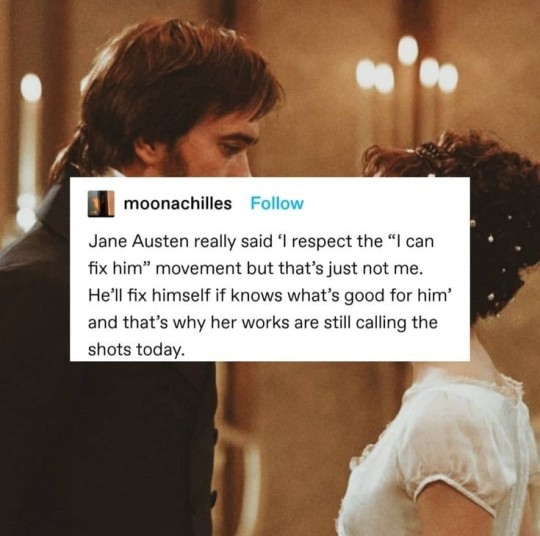
"And thanks to women like her, her books, and her quotes, many women today still believe in love (and in men)."
#aesthetic#poetry#writers and poets#2000s#poetic#poets on tumblr#pride and prejudice#quotes#reading#writing#jane austen#jane austen books#writers on tumblr#female writers#poets and writers#aesthetic book#books aesthetic#dark academia#dark acadamia quotes#1800s#late 1800s#light academia#writers#goth#words#words words words#literature#period movies#mr. darcy
260 notes
·
View notes
Text
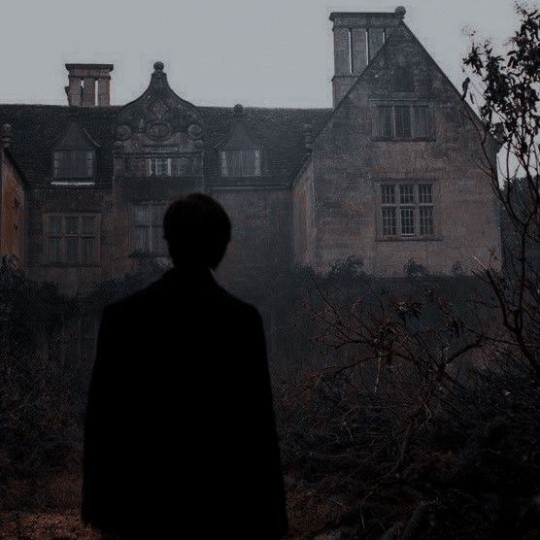
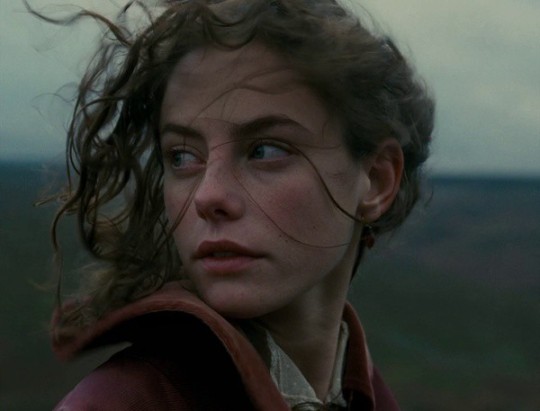
“He’s more myself than I am. Whatever our souls are made of, his and mine are the same.”
Emily Brontë, Wuthering Heights (1847)
#wuthering heights#wuthering waves#emily bronte#literature#aesthetic#poetry#poem#1800s#18th century#late 1800s#dark academia#quotes#writing#life quotes#love#lit#dark academia aesthetic#kill your darlings#dead poets society#romantic academia#academia aesthetic#vintage#poetry fragments#fragments of my mind#poets corner#poetic#the tortured poets department#i love him#love story#kaya scodelario
86 notes
·
View notes
Note
i would love to hear more about mcstrome 🫡
realistically i'm sure it's the age-old story of two kids end up in the same place and become best friends because of proximity and then once they leave being in each others' presence and grow up into adults that friendship fades away but there's still fondness there.
however fictionally? alexa play ribs by lorde
you are fifteen years old. you are fifteen years old and you have been drafted to a new team in a new city in a new country. you are the youngest person on your team and you are probably the best person on your team and you are eight hours from home, granted special exception to be drafted a year early into the OHL and you are proving yourself against boys two, three, four years older than you, but despite it all your team finishes almost dead last. you are rookie of the year.
you are sixteen years old. you are sixteen years old, and the second best player in the draft, the draft that should've been yours but wasn't, is coming to your team. you know him. you meet him in the summer and you're already friends, fast friends, and you've been dreaming about being teammates again. he talks fast and he's fiercely loyal and he keeps up with you on the ice and he reminds you of home. he is not your best friend yet but he will be. he invites you home during the summers and asks if you want to play street hockey with him. you come and you sit on the sidelines, already conscious of the worth of your body enough that you know this is not something you should be participating in. he doesn't care, though, captain of a team, yelling at mitch marner who is an awful goalie and keeps letting in goals, and winning that summer. you go to the beach together, pale and stretched out on the sand, and now you are best friends.
you are seventeen years old. you are seventeen years old and they have just named you the captain of your team. you're wearing the letter with pride but people are talking about you like you're the second coming of hockey jesus. they've been talking about you for a while now, but this feels like more. this feels heavy. you break your hand in a fight in november because you are, after all, still a teenage boy. you sit out and watch as your best friend lights up the ice. he is the best person out there when you're on the bench and it shows in the stats and the points. he can tell you all the stats and the points because he's good at remembering those. he says he can remember every single play he's ever made and honestly? you kind of believe him. the haunting specter of the draft covers your entire year, looming in the corners of your vision, colouring every interaction. you are good, and he is good, and there is no chance of being drafted together, no matter how much you secretly hope. the calendar is a countdown clock towards your end, but you make him promise you will stay best friends because you don't really know what you will do without him.
you are eighteen years old. you are eighteen years old and edmonton has already made your jersey even though the draft hasn't happened yet. the graveyard of first overalls and rumors of a curse after gretzky left. you're the next gretzky and you're the next coming of hockey jesus and the entire city is waiting for your salvation. he goes third. phoenix, which is the literal opposite of edmonton. you hang off of him the entire weekend before, realising that this is the crescendo. you will never be otters together again. there's little chance you'll even be teammates again, so you cling tight even as you're so breathlessly excited for the moment your name get called first. you trip off the stage in a jersey that doesn't quite fit right but has your name on the back, and quietly ask if you can watch this next pick before you go backstage. you twine yourselves in a hug when he follows behind and it feels awfully like a goodbye.
now.
you are eighteen years old. you are eighteen years old and your best friend is drafted number one overall. you always knew he was better. you always knew he was made for more, so it doesn't hurt. you're happy to follow in his footsteps because you are his best friend and nothing will ever change that. besides, third is still a good number. amazing, even. they send you back to erie but you expected that. no one makes it to the show unless they are exceptional or a team is desperate, and edmonton is both. he scores his first nhl point in his third game and you are named captain of the otters. life is good. he breaks his collarbone less than a month in, shattering his rookie dreams. he comes home to you, in erie, because no one else understands him like you do. no one knows how to manage him when he's broken and angry, but you have patience and a lot of love and loyalty. you lie in your big bed and take up most of the mattress, two grown boys in the dark, and you don't kiss him. you could, but you don't.
you are nineteen years old. you are nineteen years old and he is named captain of his nhl team, also at nineteen. he is the youngest captain in history. thirteen days later, you score your first point. a month after that, arizona sends you packing back to erie. this time it hurts. you were doing your best and it wasn't bad and your best friend is captain of the oilers and you are playing with your high school team again. they make you captain for the second year in a row, but it's not the oilers and it's not the coyotes, so does it actually fucking matter? you are determined to prove everyone wrong and so you drag your team to the memorial cup. you win and it feels like a fuck you and it is maybe the best moment of your goddamn life. your phone is quiet. you haven't had any texts from edmonton for months.
you are twenty years old. you are twenty years old and this is finally your goddamn year. except-- you go pointless in two games and arizona decides that's not good enough. you've aged out of the otters so you pack your bag for tuscon instead. you spend your winter bouncing between the nhl and the ahl, sometimes so fast it makes you sick. winter in the desert feels weird, feels barren. you lie on your floor under the a/c and deliberately do not think of the time you almost kissed your ex-best friend. he's your ex-best friend because he's got a new one up there, draisaitl who also went third but the year before you. he can keep up with him, even better than you can, because he's not being bounced up and down. you wonder if draisaitl ever wants to kiss him. you wonder if draisaitl ever has.
you are twenty one years old. you are twenty one years old and you are a draft bust. they've been calling you that for years but now they're right. arizona trades you to chicago for practically nothing, which is embarrassing, but it's alright because you've got an old otter, brinksy, there on your team. you're nothing special, but you're nothing bad either. if only you hadn't touched the hem of hockey jesus as a teenager. if only you hadn't known what greatness tastes like. when you face off against edmonton, he won't meet your eye. he slides out of the centre dot and draisaitl steps in and wins the draw.
you are twenty three years old. you are twenty three years old and you have a girlfriend now, a pretty one, and it's-- good. your team makes it to the weird-ass playoffs in august, because there's a pandemic now, and you get trapped in a hotel in edmonton. your girlfriend tells you that she's pregnant right before you leave, like right before, and you can barely care about anything else. you barely care that he is two floors below you and the last message in your texts was a happy birthday! three years ago. unimaginably, you knock him out of the playoffs on his home ice. in the handshake line, he offers you his palm and his eyes skate over you like you're a stranger.
you are twenty five years old. you are twenty five years old, and on yet another new team. that's good, though, even if he will always be so much better. your fiance asks if she should send an letter to an edmonton address and you hesitate. you are no longer friends anymore. you haven't been for years and years, even if you lie when the press ask. but you loved him, once. you loved him so much that you were part of him and he was part of you, and the teenager on a shared bed in the dark will not let you forget that. you put his name down on an envelope.
so.
you are twenty five years old. you are twenty five years old and a wedding invitation arrives at your front door. you slide your fingernail under the flap and freeze when you see the faces on the front. there's a secret you will never tell anyone, not even on your deathbed, but you think of it now. it takes up so much space in your lungs that you can barely breathe. and it hurts. your girlfriend, who you love very much finds you shredding paper into a wastebasket and asks if everything is alright. you lie. you can't imagine not lying and so she doesn't catch you at it. you tell her that you've always wanted to go to manchester, england. you tell her that you should plan a trip for the summer, and you end up on a plane to a different continent while your ex-best friend is getting married back home.
you are sixteen years old. you are sixteen years old and flat on your back at the beach, listening to the water lap up on shore. beside you, he drops to the ground to stretch out too, his bare arm pressing up against your own. it dawns on you, as consuming and as present as gravity, that you are in love with him. it dawns on you that maybe you always be.
you're the only friend i need / sharing beds like little kids / we'll laugh until our ribs get tough / but that will never be enough
#you: can you tell me about mcstrome?#me: writes 1800 words in second person and hopes for the best#second favourite dstrome couple for REAL#ugh i miss them#the most hurty and star crossed lovers story#dylan strome#connor mcdavid#mcstrome#connordylan#hockey#hockey boys#2015 draft class#jes thank you for sending mcstrome anons my way:)))
219 notes
·
View notes
Text

fallen hero headcanons & theorising my beloved
#1800 words in#and there's not even any dialogue yet#eternal sugar's just too fun too write#eternal sugar cookie#eternal sugar crk#idk about you guys#but i'm an “internal monologue until the character decides to speak” sort of writer#shadow milk crk#shadow milk cookie#fallen heroes#crk fallen heroes#crk fanfic#burning spice cookie#burning spice crk#silent salt cookie#silent salt crk#mystic flour cookie#mystic flour crk#beast yeast#cr kingdom#pure vanilla crk#pure vanilla cookie#crk theory#crk headcanons#i love giving the beasts personalities & backstories#even if this all turns out to be wildly wrong#i am having a blast#they should've hired me for the writing team smh
55 notes
·
View notes
Text
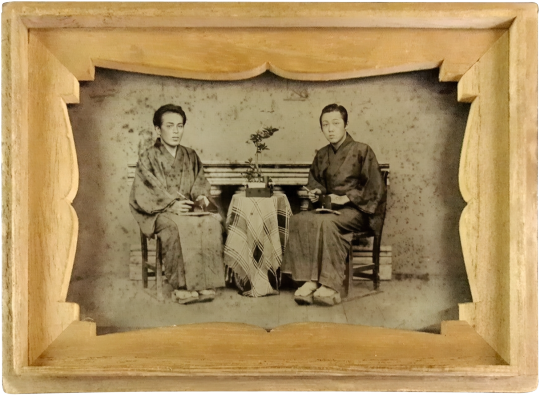
Ambrotype of two handsome men in kimonos, dated on back Meiji 16 (1883)
#auction also noted that though the writing on the back does not identify the sitters it does say the man on right is 37#37!! look at him! and he’s pulling this off in the 19th century what is his secret… listen I’m asian too that alone won’t cut it#to be clear I have no knowledge of Japanese and cannot confirm seller’s translation accuracy but I enjoy believing in this baby-faced 37yo#19th century#1800s#1880s#meiji era#19th century fashion#fashion history#historical fashion#men's fashion#menswear#19th century photography#ambrotype#19th century men#vintage men
179 notes
·
View notes
Text
Fanfic Idea #2
To all my Bridgerton writers,
I have another brilliant idea.

What if Simon had a sister.
Mhmm. Okay.
I need you to stay with me now.
He doesn't find out until after he marries Daphne when he goes through his father's finances. He sees a small yet significant amount of money going toward an unknown individual. Simon really wants to know who this person is so he investigates only to find out it's his sister.
His father, after the death of Simon's mother, grieved differently than most and accidentally knocks up a young maiden from the town. Come to find out that the OG Duke of Hastings did have a soft side and provided for the girl and his mother.
When Simon first learns about this, he is furious. But with the help of Daphne, Simon decides to bring the girl to his estate and allow her to stay there so that they can get to know each other. Reader or OC (whichever) doesn't care for money, and she intends to make sure everyone knows, no matter how many times they say otherwise.
Please, I would really like to see what you guys come up with. Do as you please. I would love to read.
#fanfic#fanfiction#x reader#x oc#request#bridgerton imagine#colin bridgerton x reader#benedict bridgerton#anthony bridgerton#colin bridgerton#simon basset#simon basset x reader#daphne bridgerton#x sister!reader#1800s#fanfic writing#anthony bridgerton x reader#bridgerton#netflix
76 notes
·
View notes
Text

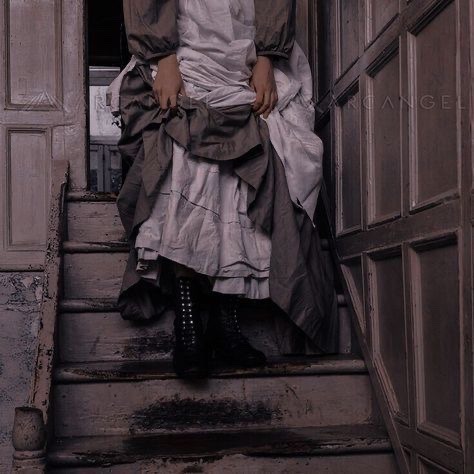
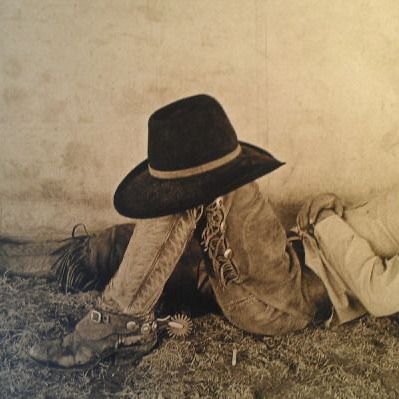
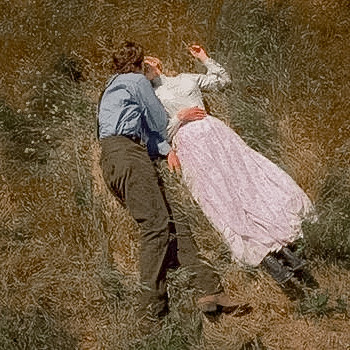
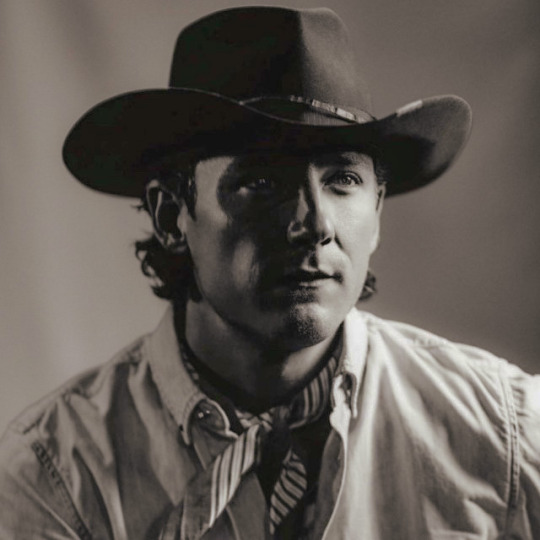
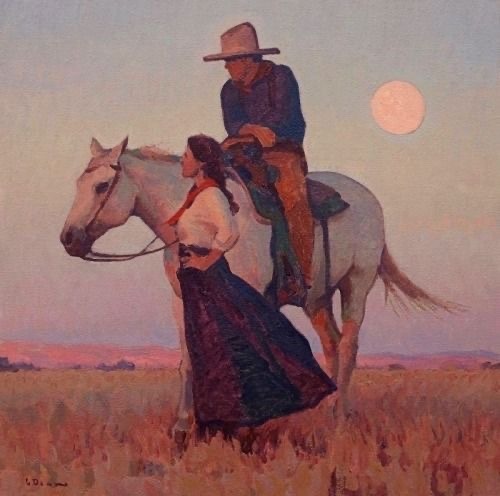
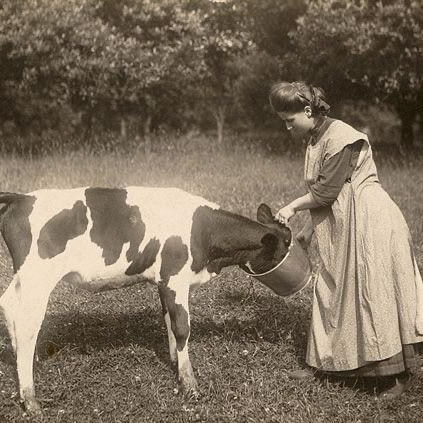

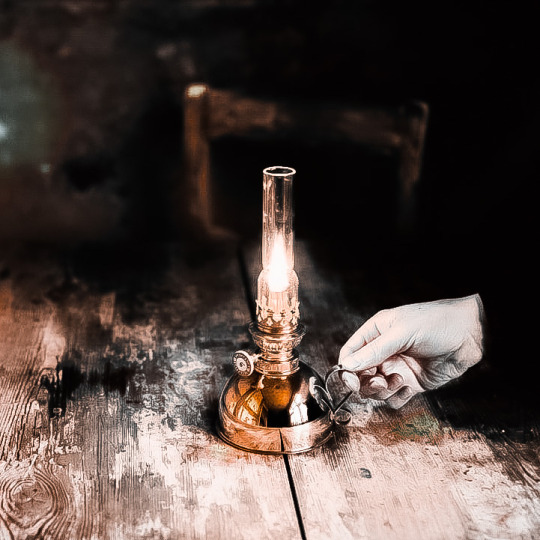
oh, kristina… the gold, it turned to sand
#I WANT TO WRITE IT SO BAD😭😭#1800s au#rhett abbott#rhett abbott x reader#rhett abbott x oc#?#idk man I just be crying#did y’all know Wyoming was the first state with women’s suffrage?#lewis pullman
125 notes
·
View notes
Text
Names for characters
20 Victorian-era names for girls
20 Victorian-era names for boys
Old money names
Fantasy names
#writerscommunity#writer things#writers#on writing#writeblr#writblr#writers on tumblr#writersociety#writing#creative writing#names#original character#character art#character design#character names#character name ideas#character name analysis#writing stuff#writing inspiration#writing community#writing advice#writing tips#writer#writing prompt#writing tools#writers and poets#ao3 writer#victoria#victorian#1800s
75 notes
·
View notes
Text
it is a lovely coincidence that june is pride month as well as the anniversary of the time lord byron, percy and mary shelley, claire clairmont, and john polidori all gathered around at the villa diodati on lake geneva in 1816 to tell each other ghost stories and write some of the greatest literature in history while waiting out the nightly summer storms during what was known as “the year without a summer” due to a volcanic winter event after the eruption of mount tambora a year prior


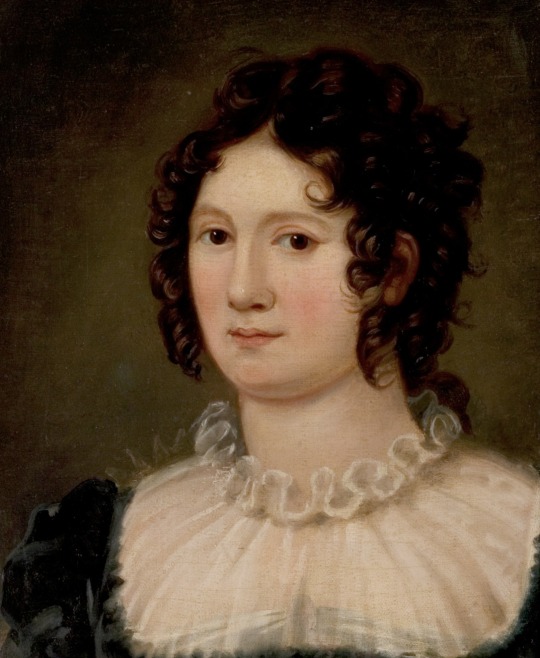



#the geneva squad#geneva squad#literature#english literature#dark academia#aesthetic#poetry#lord byron#romanticism#history#writing#mary shelley#frankenstein#gothic literature#vampires#goth#the vampyre#summer#1816#1800s#lit#books#reading#horror#poets#pride month#lgbt#lgbt writers
1K notes
·
View notes
Note
hey, friend 😊✨
i've been pondering a few... outdated terms? (slurs?) idk. my dad called me "a little fruity" (affectionately) and someone else referred to me as "an elegant fairy", both in reference to my queerness. i just haven't heard those terms often and am struggling to find history behind them. i know you're not a search engine, lol, so feel free to ignore this ask, but do you have any answers for me?
where did these terms come from? what do they really mean? (and are they reclaimed/can i use them joyfully? they're cute, to me, but i know that slurs can be a tricky thing)
thanks so much x
(anon I have multiple etymology apps on my phone dw this is exactly the kind of question I love answering)
A lot of queer slurs started as euphemisms, so you could imply someone was queer without having to say they fucked men/women/crossdressed/etc. Queer itself started that way, since it originally meant "weird" or "crooked" and could've been applied to a wide variety of strange people- but "inverts" most of all, at least in the US. Fruity also comes from this, as it originally meant "odd person" and eventually became associated with gay men specifically.
"Fairy" has similar origins to "gay," in that both are euphemisms based around being delicate and fanciful, which implies gay men/transfems (although "gay" has also long had negative sexual connotations & was also used to refer to female sex workers). I'm not Black so feel free to correct me on this, but I have heard "sweet" gets used in a similar way in AAVE.
If you want to call yourself fruity/a fairy, go ahead! From what I know they don't really have any more sting in them than "queer"; they have been used violently, but there's also a long history of queer people reclaiming these words and using them joyfully.
#unrelated but side note: we should use tribade more#lesbian only really started getting used to mean WLW in the mid-late 1800s#while my man tribade has been around since Rome#if ur writing a womanlover in the 1600s erupe shes not calling herself a lesbian shes calling herself a tribade#m.#ask box
98 notes
·
View notes
Text
WIP
tagged by @bhaalsdeepbat and @justabiteofspite, thank you friends! <3
would you believe me if I said after all this time I've never written smut involving astarion before. yeah I know crazy right
I wasn't even supposed to do this (yet)! This is from the tav!Aune longfic I mentioned previously. It's split into a number of parts. This little bit is from Part Four, which takes place post-game. I was working on the outline and then I blinked and suddenly I was writing actual prose, oops:
"No touching." His voice brooked no impertinence. He pinned her wrist against the chair's armrest to punctuate the point, then brought the one he still held up to his mouth.
As the soft plush of his lips brushed against her skin, Aune felt heat start to gather around her ears, her neck, her chest - which began to rise and fall in such a way that was hard to ignore.
She swallowed with some difficulty, her throat tight and aching with her tense anticipation. He had never fed from her wrist before. She wondered how it might feel, how it might differ from the other places he had supped from.
Astarion parted his lips just slightly, blowing breath onto her wrist. His indolent gaze rested heavy on her as he drew out the moment. The sensuous red of his irises peeking out past lowered eyelids and dark lashes... he was the seamless combination of coyness and danger personified. The fire that enticed with its glow; flirtatious flames beckoning, crooning, Don't you want to press yourself into me? Find out for yourself whether I am warm and never burning? Whether I will embrace you with tenderness or with ruination?
tagging @dragon--sage @anderstrevelyan @witch-from-a-block-of-flats @diaphanouso <3
#oc: aune#astarion x aune#tavstarion#wip#my writing#bg3#I'm 1800 words in and they're not even UNDRESSEDDDD#god I am incapable of keeping anything short and concise. whatever
22 notes
·
View notes